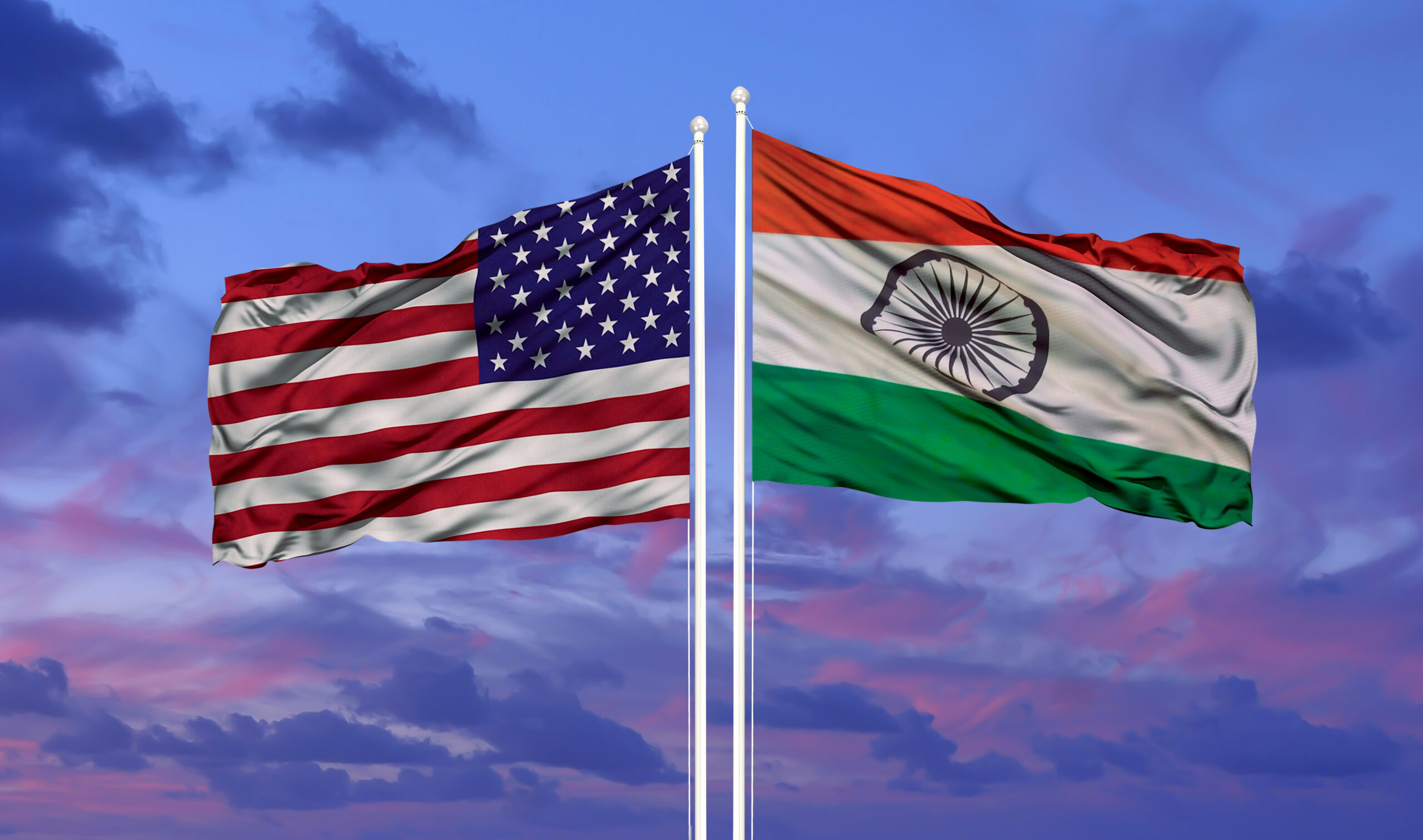In a report at Aljazeera, it has been highlighted how the Indian diaspora in the US is working to serve BJP’s interests. The rise of diaspora advocacy organizations in U.S. politics has reshaped how foreign policy is crafted in Washington. Groups like the Hindu American Foundation (HAF) have blurred the lines between domestic advocacy and foreign influence, raising critical questions about transparency, accountability, and the relevance of the Foreign Agents Registration Act (FARA). FARA, enacted in 1938, requires entities that lobby U.S. officials on behalf of foreign governments to disclose their activities, but its application to diaspora groups remains murky and insufficient.
HAF’s activities present a textbook case of this dilemma. The organization, which claims to advocate for the interests of Hindus in the U.S., has in recent years become increasingly involved in geopolitical advocacy that mirrors the priorities of India’s Hindu nationalist government under Prime Minister Narendra Modi. While HAF asserts its independence from the Indian government, its lobbying efforts align suspiciously closely with the BJP’s foreign policy agenda, from defending controversial domestic policies like the Citizenship Amendment Act to opposing U.S. military aid to Pakistan. Despite these actions, HAF has avoided registering as a foreign agent under FARA.
The fundamental question is whether HAF is operating as a de facto agent of the Indian government. U.S. law defines a foreign agent as any person or entity acting “at the order, request, or under the direction or control” of a foreign principal, engaging in political activities for that principal. HAF’s defenders argue that mere overlap between its positions and those of the Indian government does not meet this threshold. However, its consistent defense of Modi’s policies and collaboration with the Indian embassy on various events suggest a more intricate relationship than the organization admits.
One of the core issues here is FARA’s lack of teeth in dealing with diaspora groups. FARA was designed to regulate clear-cut cases of foreign influence, but in an increasingly globalized world, diaspora organizations can advocate for their ancestral homelands while maintaining plausible deniability about foreign ties. This creates a significant loophole: diaspora organizations can shape U.S. foreign policy in ways that benefit foreign governments without being subject to FARA’s transparency requirements.
The Hindu American Foundation’s case underscores the urgency of reforming FARA. As it stands, the law requires a direct financial or contractual relationship between an entity and a foreign government for registration to be triggered. This standard is too high for cases like HAF’s, where influence may be exerted through informal channels or ideological alignment rather than explicit contracts. The law’s reliance on proving intent or direct control is a relic of a bygone era when foreign influence was easier to detect.
The role of diaspora groups in U.S. politics is not inherently problematic—many of these organizations represent vital voices in the political process. But when these groups engage in lobbying that directly benefits foreign governments, there must be a mechanism for transparency. As Benjamin Freeman, director of the Democratizing Foreign Policy program at the Quincy Institute, points out, lobbying for specific foreign policy outcomes on behalf of a foreign principal clearly constitutes “political activities” under FARA. But without changes to FARA, diaspora organizations like HAF will continue to operate in a gray area, with little scrutiny or oversight.
One potential solution is to lower the threshold for FARA registration in cases where diaspora organizations are lobbying on foreign policy issues that align with the interests of foreign governments. This would not criminalize diaspora advocacy but would simply ensure that the public—and U.S. policymakers—are aware of potential foreign influence. Transparency, after all, is not about preventing organizations from advocating for their communities but about ensuring that foreign governments are not quietly shaping U.S. policy through intermediaries.
The Hindu American Foundation’s case should serve as a wake-up call for U.S. regulators. If FARA is to remain relevant in a world where the lines between domestic advocacy and foreign influence are increasingly blurred, it must be reformed to account for the growing role of diaspora organizations in shaping U.S. foreign policy. At stake is the integrity of the U.S. political system and its ability to resist covert foreign influence, no matter how well-disguised.
In the end, FARA’s primary goal is to protect the transparency of the democratic process. If diaspora organizations like HAF wish to avoid the perception that they are foreign agents, they should welcome reforms that bring greater clarity and transparency to their activities. Only through such reforms can we ensure that U.S. foreign policy remains independent and driven by American interests, rather than those of foreign governments.

